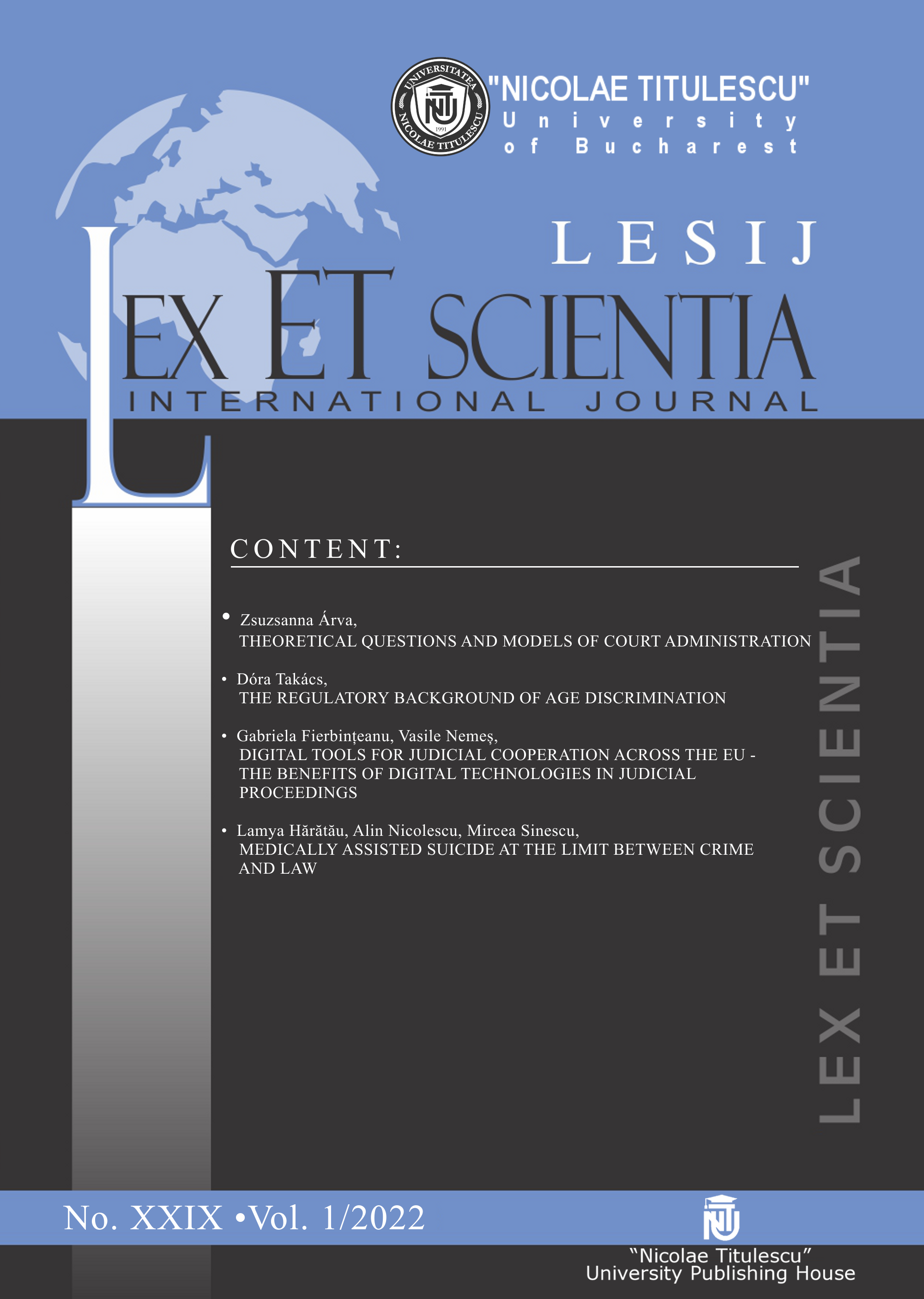PROCEDURAL DIFFICULTIES ENCOUNTERED BY ROMANIAN COURTS IN APPLYING EUROPEAN UNION LAW IN THE MATTER OF UNFAIR TERMS IN CONSUMER CONTRACTS
PROCEDURAL DIFFICULTIES ENCOUNTERED BY ROMANIAN COURTS IN APPLYING EUROPEAN UNION LAW IN THE MATTER OF UNFAIR TERMS IN CONSUMER CONTRACTS
Author(s): Marian GociuSubject(s): Law, Constitution, Jurisprudence, Civil Law, EU-Legislation, Comparative Law
Published by: Universitatea Nicolae Titulescu
Keywords: legal qualification; jurisdiction; admissibility; the ex officio principle; statute of limitation;
Summary/Abstract: While the Member States of the European Union have similar legal systems, they also have many specific procedural differences. This is the reason why the Council Directive 93/13/EEC on unfair terms in consumer contracts states the general provisions, mostly of substantive law nature, and offers the essential criteria to determine if a contractual term is unfair. It becomes the Member State’s duty to transpose the Directive into the national legal framework and to regulate adequate and effective specific means to prevent the continued use of unfair terms in contracts concluded with consumers by sellers or suppliers. Romanian authorities didn’t provide a minimum harmonization of the national law with the principles of the Council Directive 93/13/EEC by regulating accurate legal provisions to ensure that there are effective remedies in the light of article 7 of the Directive, by adapting the guidelines of the directive to the national legal framework and by amending the national rules that didn’t comply with the principles of the Directive, they just took over the text of the Directive, with minor additions, and the list of the terms which may be regarded as unfair. Having at their disposal only the general criteria offered by the Directive, Romanian courts encountered many issues in the course of proceedings that determined some of them to turn to the Court of Justice of the European Union case law, while other courts made use of the preliminary ruling procedure found in article 267 of the Treaty on the Functioning of the European Union to unify their practice. Identifying the problem is the first step in solving it. This study analyzes the difficulties that the national courts stumbled upon in applying European Union Law in the matter under discussion and the various ways they found to overcome them. The study can be a very useful instrument both for Romanian and Member States practitioners.
Journal: LESIJ - Lex ET Scientia International Journal
- Issue Year: XXIX/2022
- Issue No: 1
- Page Range: 111-123
- Page Count: 13
- Language: English

